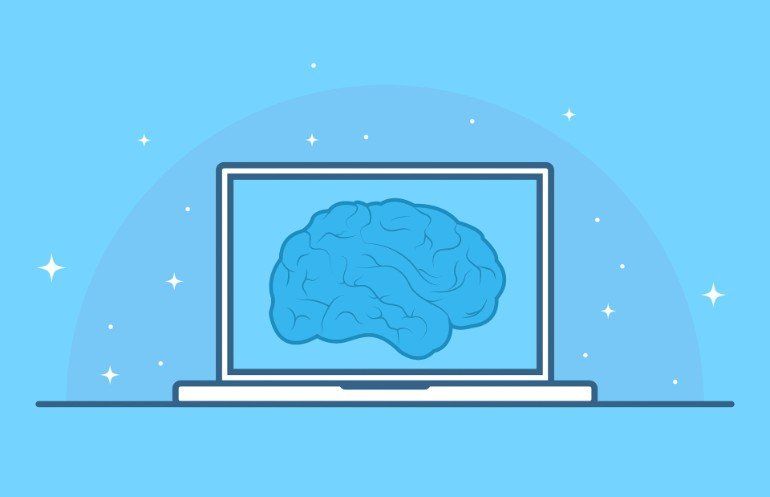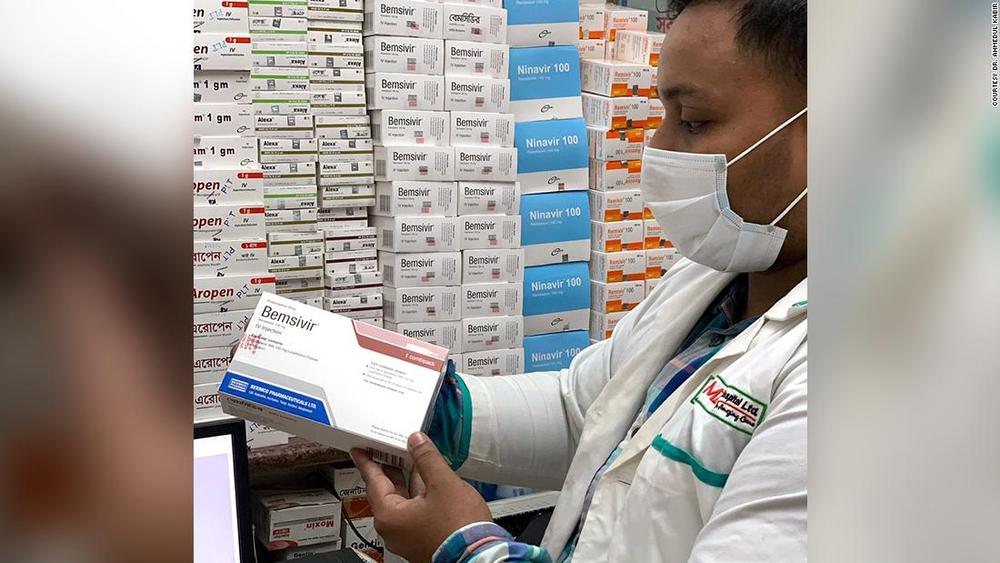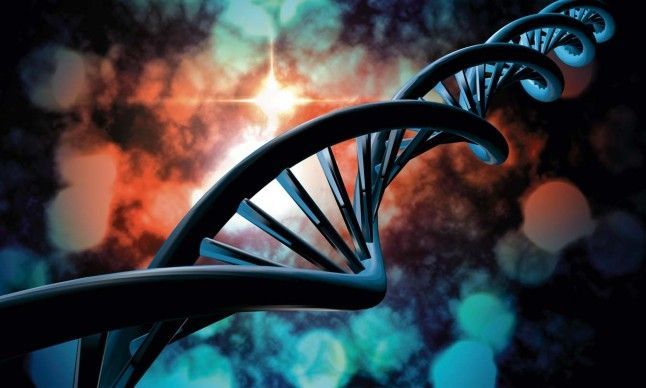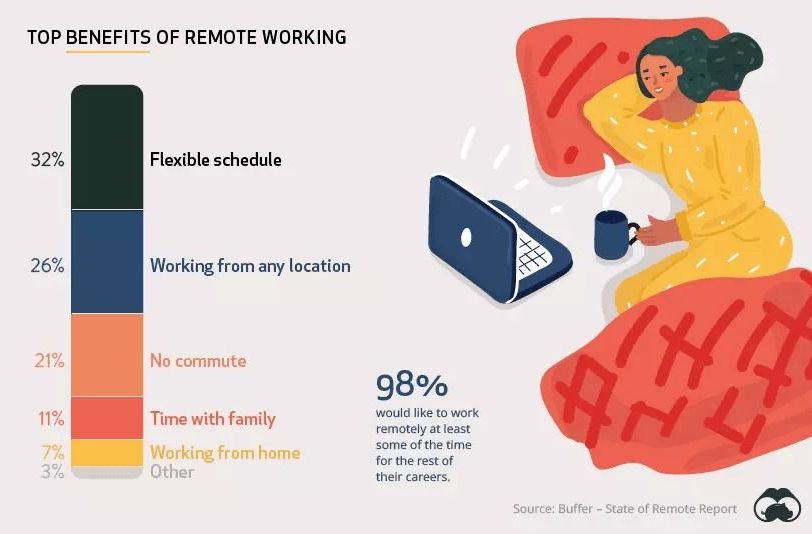The research, out today from the University of Colorado Anschutz Medical Campus and published in * Evolution and Human Behavior*, presents a hypothesis supporting a role for fructose, a component of sugar and high fructose corn syrup, and uric acid (a fructose metabolite), in increasing the risk for these behavioral disorders.
Johnson outlines research that shows a foraging response stimulates risk taking, impulsivity, novelty seeking, rapid decision making, and aggressiveness to aid the securing of food as a survival response. Overactivation of this process from excess sugar intake may cause impulsive behavior that could range from ADHD, to bipolar disorder or even aggression.” “Johnson notes, “We do not blame aggressive behavior on sugar, but rather note that it may be one contributor.”” “The identification of fructose as a risk factor does not negate the importance of genetic, familial, physical, emotional and environmental factors that shape mental health,” he adds.
Huh, want to know more.
“New research suggests that conditions such as attention deficit hyperactivity syndrome (ADHD), bipolar disorder, and even aggressive behaviors may be linked with sugar intake, and that it may have an evolutionary basis.
The research, out today from the University of Colorado Anschutz Medical Campus and published in Evolution and Human Behavior, presents a hypothesis supporting a role for fructose, a component of sugar and high fructose corn syrup, and uric acid (a fructose metabolite), in increasing the risk for these behavioral disorders.
“We present evidence that fructose, by lowering energy in cells, triggers a foraging response similar to what occurs in starvation,” said lead author Richard Johnson, MD, professor at the University of Colorado School of Medicine on the CU Anschutz Medical Campus.







